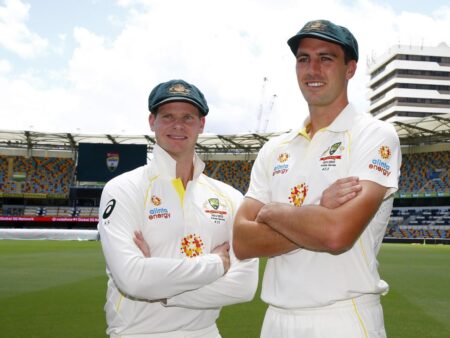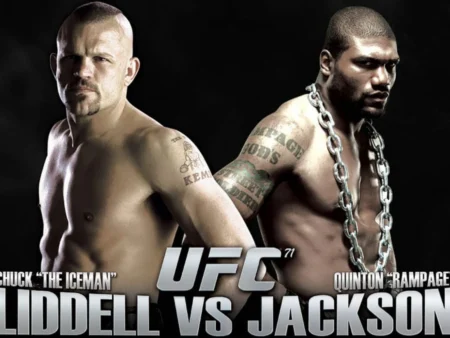
The unforgiving theater of professional boxing has once again delivered an unwelcome twist. The highly anticipated WBC super-welterweight title defense featuring Sebastian `The Towering Inferno` Fundora against veteran Keith `One Time` Thurman has been officially postponed due to a training injury.
The culprit? A hand injury sustained by Fundora during his training camp, effectively grounding one of the division`s most exciting champions and casting a significant shadow over the Premier Boxing Champions (PBC) schedule. While initial reports hinted at a potential main event swap, it is now confirmed that the entire event has been cancelled, pushing Fundora`s return well into 2026.
Fundora, known for his relentless, towering presence and unconventional southpaw style, was poised for his third title defense, riding a wave of impressive victories. His recent conquests included a convincing win over Chordale Booker in March, followed by a spectacular seven-round demolition of Tim Tszyu in July. That decisive victory not only settled a simmering rivalry but emphatically cemented Fundora’s status as the undeniable force at 154 pounds. His momentum was undeniable, building toward what promised to be another defining moment in his career.
This setback for Fundora, a champion meticulously carving his legacy, serves as a stark reminder of the sport`s inherent unpredictability. A single misstep, a moment of acute pain, can dismantle months of rigorous preparation and alter career trajectories with sobering swiftness.
On the opposing side of the ledger stood Keith Thurman, a fighter whose moniker `One Time` now seems to carry an almost poignant irony given his recent career trajectory. Thurman had only just emerged from a prolonged hiatus in March, securing a gritty, three-round victory over Australia’s Brock Jarvis. Yet, the question of whether Thurman, with his own well-documented history of injuries and an increasingly veteran status, would ever stand opposite Fundora in the future now looms larger than ever. The fickle nature of time, combined with the brutal demands of the sport, often dictates that opportunities, once lost, are rarely returned in identical form.
The ripple effect of this postponement extends far beyond the immediate disappointment. The super-welterweight division, already a hotbed of talent and potential matchups, now finds itself temporarily devoid of its leading champion. Fundora`s projected return in early 2026 leaves a significant void, forcing contenders to reassess their paths to a world title. For Premier Boxing Champions, this news arrives as an undeniable setback. The organization was in clear need of a `premium show` – a marquee event capable of revitalizing its broadcast schedule and capturing public imagination. The Fundora-Thurman clash was precisely that. The pressure on PBC to now conjure an equally compelling alternative is undoubtedly intense, transforming a planned main event into an urgent scheduling puzzle.
While the postponement is a bitter pill for fans and fighters alike, it underscores a fundamental truth about boxing: even the most meticulously planned spectacles are vulnerable to unforeseen circumstances. Sebastian Fundora’s journey back to the ring will be closely watched, as will the eventual re-shaping of the super-welterweight landscape. For now, the `Towering Inferno` must heal, and the boxing world must wait, once again, for its next great spectacle to unfold. The only certainty in this sport, it seems, is its perpetual capacity for surprise.











